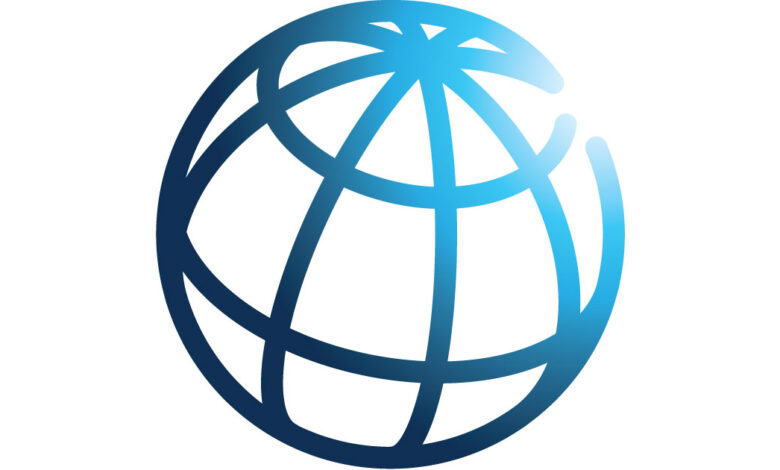Yemen Overview: Development news, research, data

World Bank financing through IDA has supported critical service delivery, helped develop and preserve human capital and built the capacity of local institutions.
The Emergency Social Protection Enhancement and COVID-19 Response Project supports the provision of unconditional cash transfers (UCT), temporary employment, and increased access to basic services and economic opportunities to food insecure populations The project is being implemented by UNDP and UNICEF in partnership with the Ssocial Fund for Development and Public Works Project. To date, the project has reached 92,718 direct beneficiaries with wage employment; over 957,879 people have received access to community services such as potable water, irrigation, and better roads. Under the UCT component, the project has carried out nine payment cycles in all 333 districts across Yemen reaching an average of 1.43 million poor and vulnerable households.
The Emergency Human Capital Project (EHCP), is implemented in partnership with UNICEF, WHO and UNOPS. By September 2024, 20 million beneficiaries have received health, nutrition, and population (HNP) services at 2,398 health facilities, 140 hospitals, and through outreach and mobile teams. Almost 1.4 million people are receiving access to improved water supply and sanitation services.
The World Bank has partnered with the United Nations Office for Project Services (UNOPS) and local institutions on the Yemen Integrated Urban Services Emergency Project (YIUSEP) to provide 3 million Yemenis with restored access to critical urban services, including water and sanitation, transport, energy, and solid waste management.
The Yemen Food Security Response and Resilience Improvement Project — delivered in collaboration with UNDP, FAO, WFP, ICRC, and local institutions — has made substantial progress in enhancing food security and resilience by rehabilitating 4,000 hectares of agricultural land, improving water infrastructure for 3,600 households, upgrading 99 km of rural roads, and supporting 20,000 farmers through seed producer groups.
The US$100 million Yemen Emergency Electricity Access Project — Phase 2 builds focuses on technical assistance designed to support access to electricity supply and prepare for post-conflict restoration of the Yemen power sector. To date the project has provided 60,000 households with access to electricity and more than 300 critical facilities with solar-powered electricity.
The Yemen Emergency Lifeline Connectivity Project (YELCP) provides climate-resilient connectivity and employment opportunities to food-insecure rural population of Yemen, in collaboration with UNOPS. The project rehabilitated 151km rural roads, providing 1.35 million Yemenis with climate resilient access to markets, employment opportunities, healthcare, and education.
IFC
Since 2021, IFC has invested $55 million and mobilized $20 million (with an additional $60 million committed) for Hayel Saeed Anam Group, one of the leading conglomerates in food in Yemen, to help them ramp up production and distribution of essential food supplies. This was in partnership with FMO, the Dutch entrepreneurial development bank, who – with IFC’s help – was able to enter the Yemeni market for the first time. The financing package also included a partial guarantee from IDA’s Private Sector Window to make the project more bankable to investors who would not otherwise have entered the market.
In 2025, IFC also invested $8 million in Islamic financing to Al-Mawarid International Company for Educational and Health Services, a leading provider of education and healthcare in Yemen. Operating under the University of Science and Technology (UST) brand, Al-Mawarid International runs four campuses in Aden. The financing will help Al-Mawarid International build a new hospital next to its headquarters. Through this project Al-Mawarid International will initially open a 60-bed teaching hospital, with plans to expand to 250 beds within two years, with potential additional support from IFC. Partially powered by a new solar energy installation, the hospital is expected to serve over 160,000 patients annually, improving healthcare access, addressing infrastructure gaps, and reducing travel and wait times for treatment. It will also create 850 direct and indirect jobs, provide high-quality education to medical students, and boost the supply of skilled healthcare professionals in Yemen.
In addition, in 2021, IFC signed a trade finance facility with Al Kuraimi Islamic Bank, marking the first expansion of the Global Trade Finance Program (GTFP), IFC’s flagship trade finance program, into Yemen. This aims to support Al Kuraimi Islamic Bank with its efforts to increase access to finance for Yemeni businesses and to develop its trade financing operations to allow for trade flows of critical goods into the country. The trade finance guarantee facility is part of IFC’s broader efforts to support Yemen’s private sector. By providing risk mitigation in challenging markets where trade lines may be constrained, GTFP extends and complements the capacity of banks to deliver trade financing and expand their network of corresponding banks globally.
Last Updated: Jul 25, 2025
Source link
